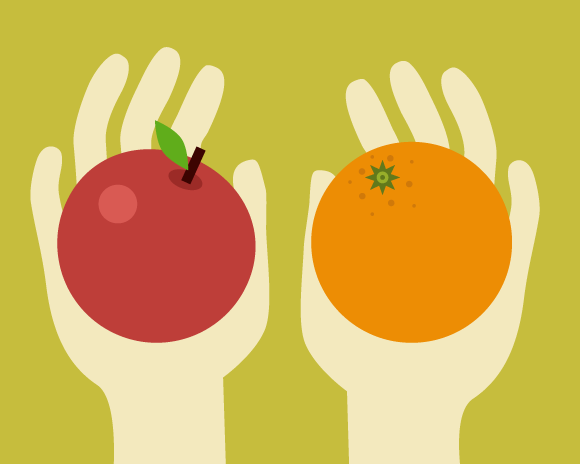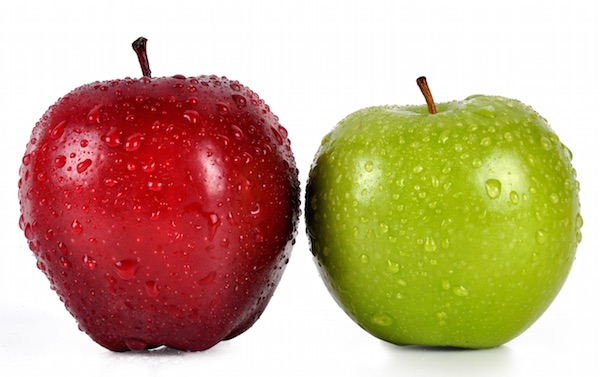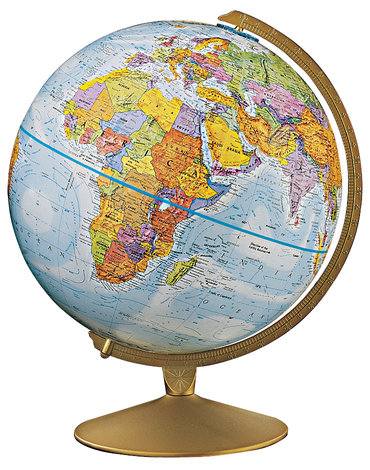Need some help studying for AP US History? Look no further. In this post, we cover the best AP US History books, from textbooks to prep books and even study tools such as flashcards and websites. Read on to get the best help you can get for studying for the AP US History exam.
Halle Edwards
Recent Posts
Need some free resources to help you prepare for the AP World History exam? This complete collection of AP World History practice tests offers tons of links to free multiple-choice questions, free-response questions, and even a full-length practice test. Read on to learn how to use these resources and get links to hundreds of AP World History practice questions.
How to Study for the Math Olympiad: AMC 10/AMC 12
Have you ever wondered what it would take to represent America at the International Math Olympiad? Or maybe you're a strong math student who is wondering what opportunities are available to you outside the classroom?
In this article, we'll answer all your Math Olympiad questions! We'll explain what it takes to qualify for the International Math Olympiad and how to ace the qualifying tests—the AMC 10 and AMC 12.
Taking an AP class this year? You might be wondering about average AP scores or what good AP scores are for certain classes. Or if you are thinking about taking AP exams in the future, you might want to know which exams have the highest passing rates.
In this post, we will break down the average score for each AP test, as well as the average passing rate. We will also show you how to interpret this info and how to use it to make decisions about your schedule.
What Are the Stanford Pre-Collegiate Studies Programs? Should I Join One?
Have you heard about the Stanford Pre-Collegiate Studies programs (formerly called Stanford EPGY), a group of summer and after-school programs primarily for high school students? Curious about what it would be like to spend a summer on Stanford's campus or take online classes taught by Stanford professors? Will participating in one of these programs give you a leg up in college admissions (including applying to Stanford)?
In this guide, we break down what the different programs are, outline the benefits and costs, and go over the pros and cons of attending.
If you've recently started the college application process and are looking at particular schools, you might have noticed that some schools want you to know your major before you apply. Or at some schools, even if you don't have to know your major, you have to apply to a specific undergraduate college such as Engineering, Nursing, or Arts and Sciences.
So how do you know which major or school to apply to? What if you have no clue what you want to study in college? We'll give you advice and show you how to navigate admission sites to get the information you need.
Should You Use the Universal College App or the Common App?
For years, the Common Application (CA) was the only widely available application for use at multiple colleges. It was created in 1975, with 15 colleges in its first year. It still dominates the college application world, and today is used by more than 900 colleges and universities.
However, back in 2007, the Universal College Application (UCA) was created, and now serves two colleges and universities. So what exactly are the differences between the CA and the UCA? Why do colleges use one, both, or neither? And which one should you use? We will explore these questions in this post and help you decide how to apply.
What's Better for You: IB or AP? College Expert Guide
The Advanced Placement (AP) and International Baccalaureate (IB) programs are both high school programs that offer college-level courses and the opportunity to earn college credit.
So what's the difference between AP and IB? Does one look more impressive than the other? Which will improve your odds of getting into a top school the most? We will introduce you to both programs and explain which one will look more impressive on your college applications.
If you've taken AP exams, you might be wondering how to send AP scores to colleges. How do you ensure that colleges get your AP scores? Is it possible to send official AP score reports?
Here, we give you a complete guide that goes over how to send AP scores, which colleges want to see these scores with your applications, and how you can save money on sending scores.
If you have started high school recently or are due to start soon, you might be wondering, "What are AP classes?" You might have heard that they are extra-advanced or that you can earn college credit by passing AP exams. But how do these classes work exactly?
Read on for our guide to AP courses and learn how these special classes can get you ahead.
Are you taking AP classes this year and wondering how long AP tests are? Or maybe you are thinking about taking AP classes in the future, and you're curious about how long AP exams are and what they're like.
In this post, we break down the typical length and structure of AP tests and give you tips on dealing with fatigue during the test. We'll use some of the most popular tests as examples, including the AP English tests, Biology, AB Calculus, and US History. But we'll also give tips and advice that will help you for any AP test.
Most high school students have heard of the PSAT NMSQT—aka the practice SAT that doubles as a qualifying exam for the National Merit competition. Fewer have heard of the PSAT 10, which is a version of the PSAT designed specifically for sophomores.
What exactly is the PSAT 10, and why should you consider taking it? Learn all about it here.
The two tests are very similar, but not identical. So which one should you take?
Back in my day (when dinosaurs roamed the earth), there was just one version of the PSAT, a.k.a. the Practice SAT/National Merit Scholarship Qualifying Test. But now, the College Board has multiple versions of the PSAT, including the PSAT NMSQT (National Merit Scholarship Qualifying Test) and the PSAT 10.
So what are the differences between the two tests? And which one should you take? Read on for an exclusive guide.
Wondering how to register for AP classes and tests? Get a complete guide to AP registration here—even if you're homeschooled or your local school doesn't have the AP program.
One factor some students consider when choosing a high school is whether it has an International Baccalaureate (IB) program. Often compared with the Advanced Placement (AP) program, the IB program allows students to take college-level courses while in high school.
So what is International Baccalaureate? What is the IB Program and an IB Diploma, and why are IB classes worth taking? In this article, we introduce all things IB, including the Diploma requirements and features of the exams. We also explain whether you have to get an IB Diploma in order to earn college credit for your IB classes.
























